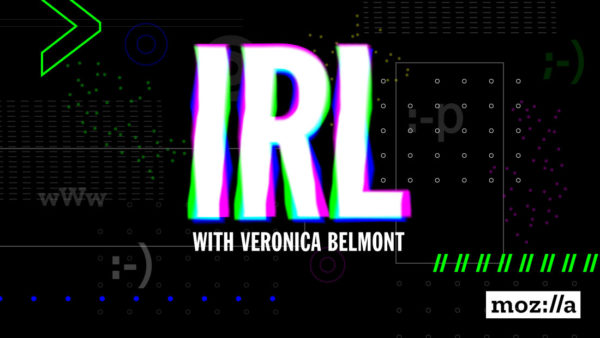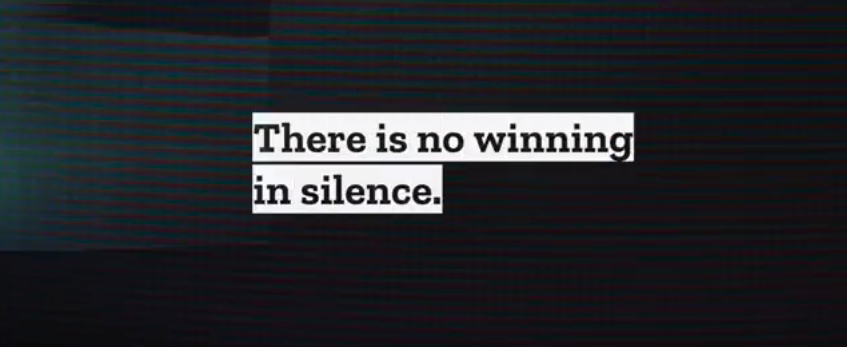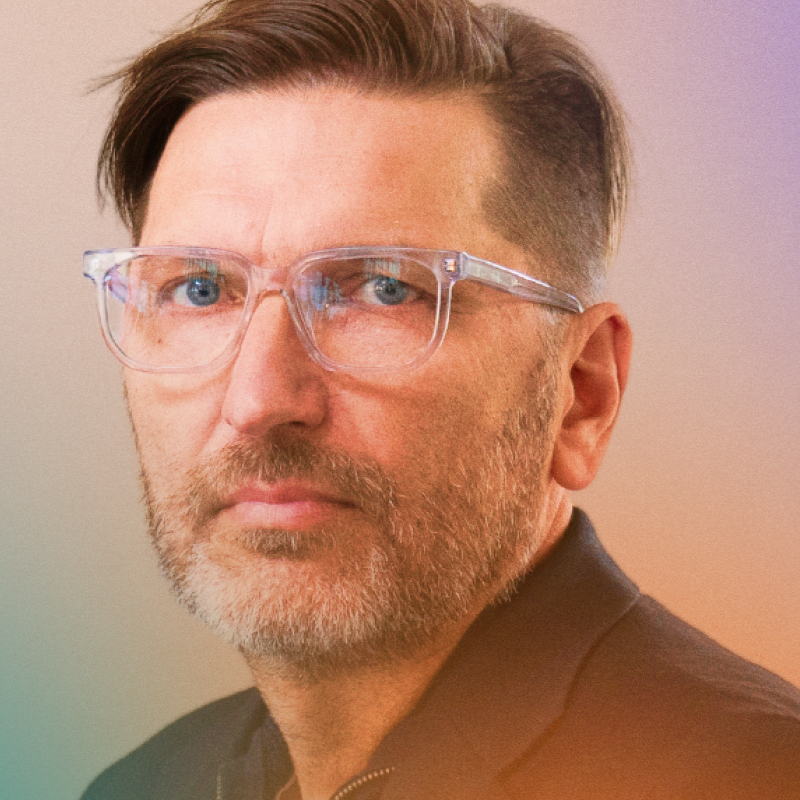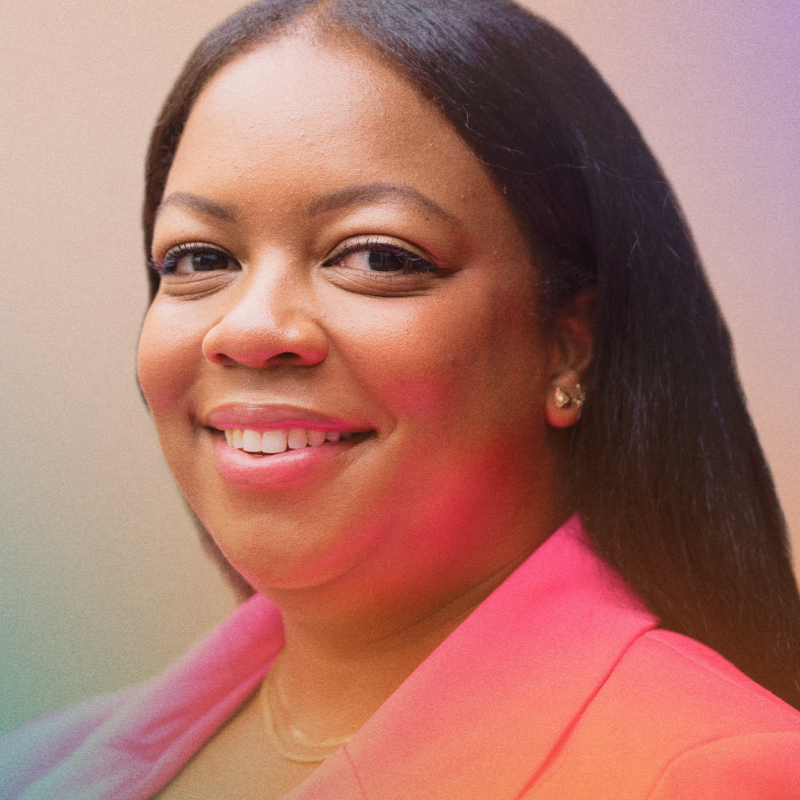Imagine a walk home from school filled with fear. Imagine you feel the fear because of a bully. Now imagine your bully is online — and this bully, a troll, can get to you any time of day. Whether offline or online, bullies drain joy and resources from our lives. It’s up to all of us to counter this troll tax and make our world and Web more inclusive, welcoming and safe for all.
Bullying, IRL
Today, more than one out of every five students reports being bullied. The most common reasons for bullying cited by students are looks, body shape and race. The effects of bullying are longstanding and deep. Youth who self-blame and conclude they deserved to be bullied are are more likely to face depression, prolonged victimization and maladjustment as they grow older.
Mozilla invited DeRay McKesson — American civil rights activist, Black Lives Matter supporter, and host of Pod Save the People — to speak at a recent event we held in San Francisco, A Night for Internet Health. There, McKesson talked about bullying and its impact. He called out that the currencies of bullying are fear and confusion. And, importantly, that silence can’t be the answer.
As McKesson puts it, “Freedom is not just the absence of trauma, but is the presence of joy and justice.” The win is not just getting rid of the bully. It’s enjoying and participating in life. We can all take steps to make this a reality for our fellow humans. More than half of bullying situations stop when a peer intervenes on behalf of another being bullied. Intentional cruelty is never okay, and being an active supporter, friend and/or listener to those who have been bullied is shown to help.
Trolling, online
Trolls are people who engage in cyberbullying, cyber violence or online harassment. Trolling is the act of engaging in these activities, and it has become more common over the last decade given the ubiquity of hand-held devices with the Internet and the greater anonymity that the online world offers. The percentage of people who say they’ve experienced it has nearly doubled since 2007.
Like bullying IRL, the effects of trolling are significant. People who are trolled online have a harder time getting away from the behavior, since it has the potential to happen 24 hours a day, seven days a week. Trolls can reach victims while they’re alone without support. And, because trolling often happens in public forums, like social networking sites such as Facebook or Twitter, trolling can evoke shame within victims, and lead to low self-esteem and even health problems.
People who experience online trolling don’t fall into a specific age bracket. Over 25% of adolescents and teens have been bullied repeatedly through their cell phones or Internet. And, according to Pew Research’s cyber harassment study released this year, four-in-ten U.S. adults have personally experienced harassing or abusive behavior online. More alarming, 18% of adults have been the online targets of severe behaviors such as physical threats or sexual harassment. Reasons cited are personal or physical characteristics, political views, gender, physical appearance and race.
People are fighting back against trolls in new and interesting ways. In Mozilla’s latest podcast episode of IRL: Online Life is Real Life, host Veronica Belmont meets some of these people and explores the landscape of bullying online.
The Care and Feeding of Your Troll

The troll tax: a personal note
In December 2016, I watched as Lauren Duca, a writer at Teen Vogue, appeared as a guest on the Tucker Carlson Tonight television show to discuss her column, “Donald Trump is Gaslighting America.” After a heated exchange, Tucker Carlson told Duca to “stick to the thigh high boots.” Since that incident, she has endured incessant harassment including death and rape threats.
In our podcast, Duca explains the troll tax for women. Her words really hit home for me.
“For female writers, [being harassed online] means a tax that steals time, steals energy, costs productivity, lessens their ability to compete, to promote themselves, to network. For anybody who in any way presents as a woman online, there is a danger of a mental toll, and sometimes a real world physical threat. What am I told? Get off Twitter. But, are women just not supposed to participate in the public forum? The public forum is happening online, and women cannot just be told to leave it. That’s not a viable option.”
I experienced the troll tax earlier this year. I wrote an article on the internet gender gap and published it on International Women’s Day. Shortly after, my Twitter feed was filled with hateful comments — many misogynistic, and some threatening — and they kept pouring in. I discovered that a person actually took the time to make and publish a 25 minute video attacking not only my writing, but also me as a woman, and me as a person. In the video, he called upon his many followers to harass me online, and specified how they could find me on social media.
Eventually, the comments stopped. And, honestly, writing again and putting myself out there made me feel vulnerable. I felt fear. But as Duca says, retreating from the Web is not the answer. Every single person’s voice should be heard. Our world and Web hold the most potential when free expression is realized — not diminished — from everyone, everywhere, regardless of gender, race, sexual orientation or socioeconomic status.
IMO, the more we can talk about the dynamics of human interaction and consciousness, online and offline, the more we can acknowledge and take care of each other.
Resources
Mozilla creates open curricula that empowers people to create safe spaces online, like the Teaching Kit: Combating Cyber Violence Against Women and Girls. And, our Internet Health Report includes research and analysis on digital inclusion and online harassment globally.
For more, check out these organizations, each of which offers resources — from support forums to evidence based research — on bullying IRL and trolling online:



